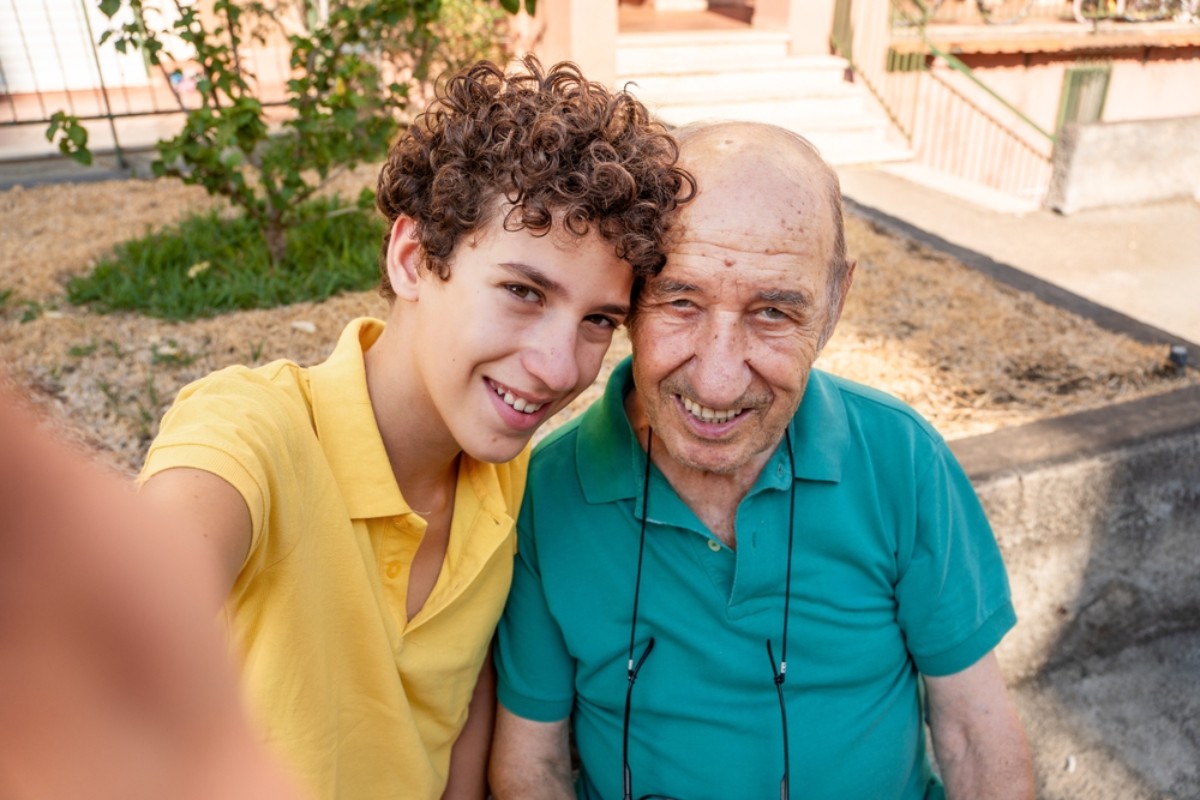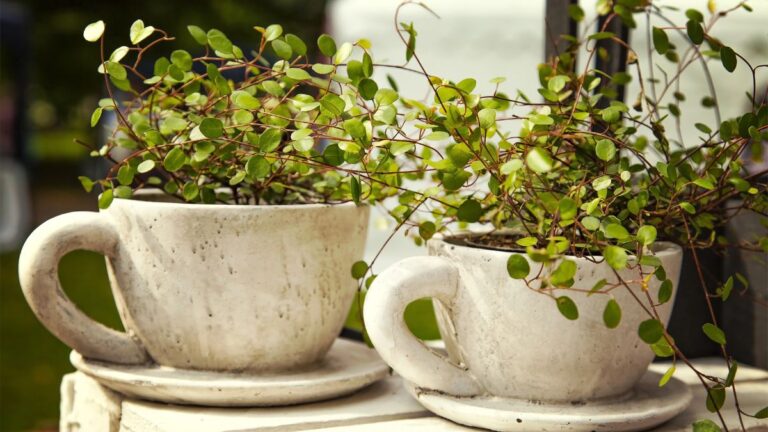8 Skills Your Grandparents Had That Are Now Almost Lost and Why We Should Bring Them Back
Think back to visits with your grandparents. Did you ever notice how they could fix just about anything or make something from scratch without blinking an eye? These everyday skills helped them save money, solve problems, and feel confident no matter what life threw at them.
A lot has changed since then. Technology has made things easier, but some of the know-how from the past is worth a second look.
Cursive handwriting
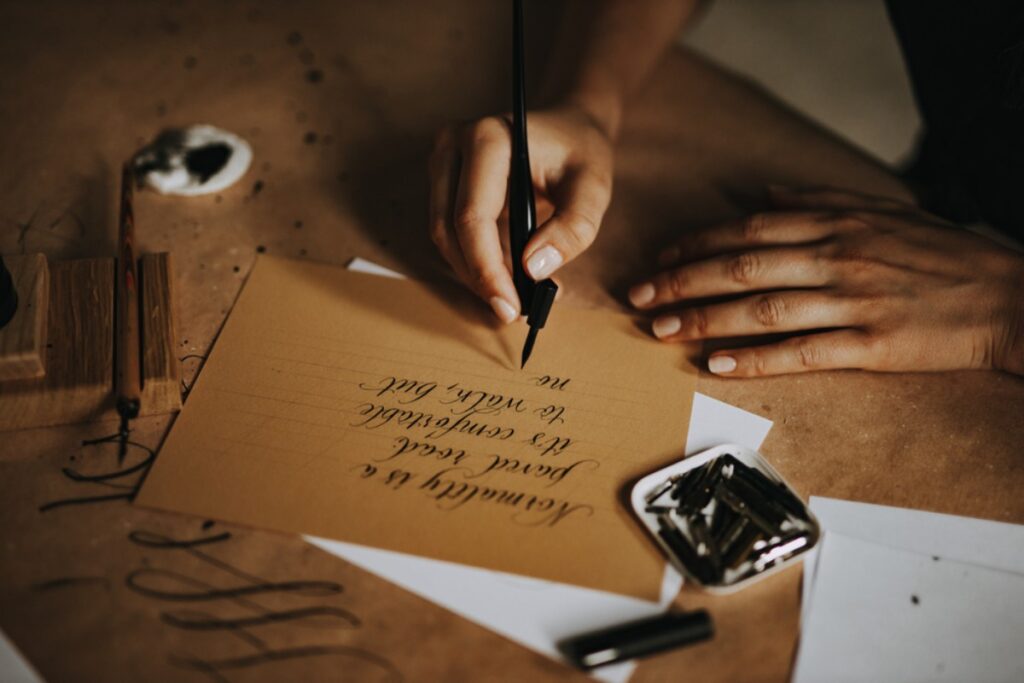
For many people, cursive handwriting feels like a secret code. Your grandparents probably learned it in school and used it for everything from letters to grocery lists.
Cursive was not just about looking fancy. It made writing quicker and gave everyone their own style, almost like a personal signature.
Handwritten notes were a big part of daily life. Now, most schools focus on typing, and fewer people can read or write in cursive.
Old family recipes and letters can look like a mystery if you do not know cursive. Picking up this skill again could add something special to your own handwriting.
Mending clothes by hand
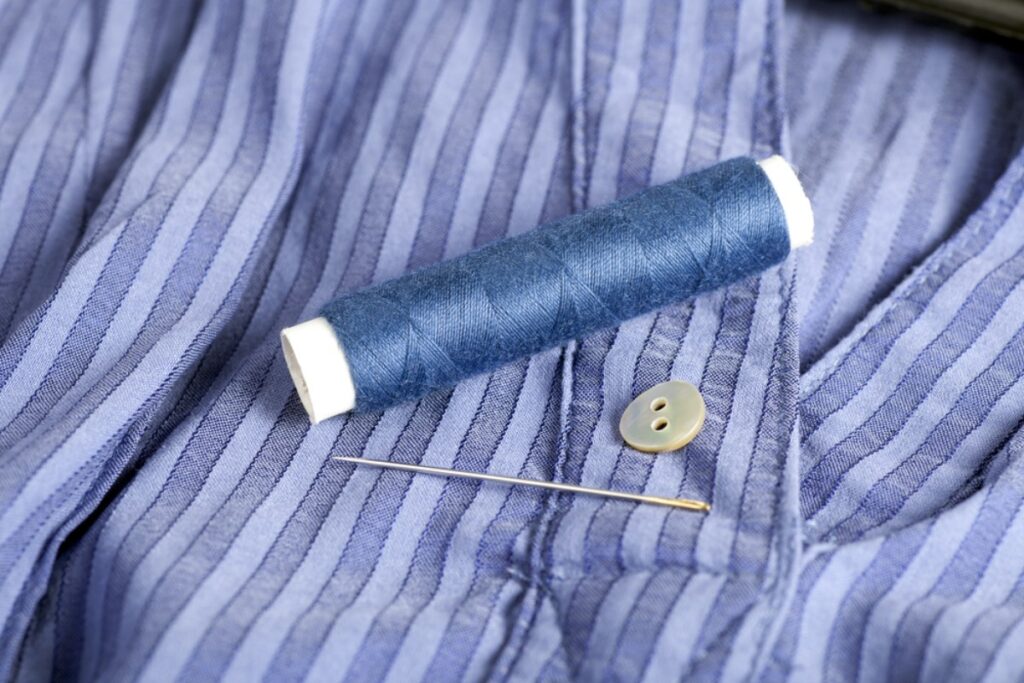
Have you ever tossed out a shirt just because of a tiny tear? Your grandparents would have reached for a needle and thread instead.
Basic mending, like sewing on a button or patching a hole, was second nature to them. It meant less waste and more use out of each piece of clothing.
A small sewing kit at home can be a lifesaver. With a bit of practice, you can fix up your clothes and save money at the same time.
Mending can be relaxing, too. It is a way to slow down and take care of what you already have.
Preserving food through canning
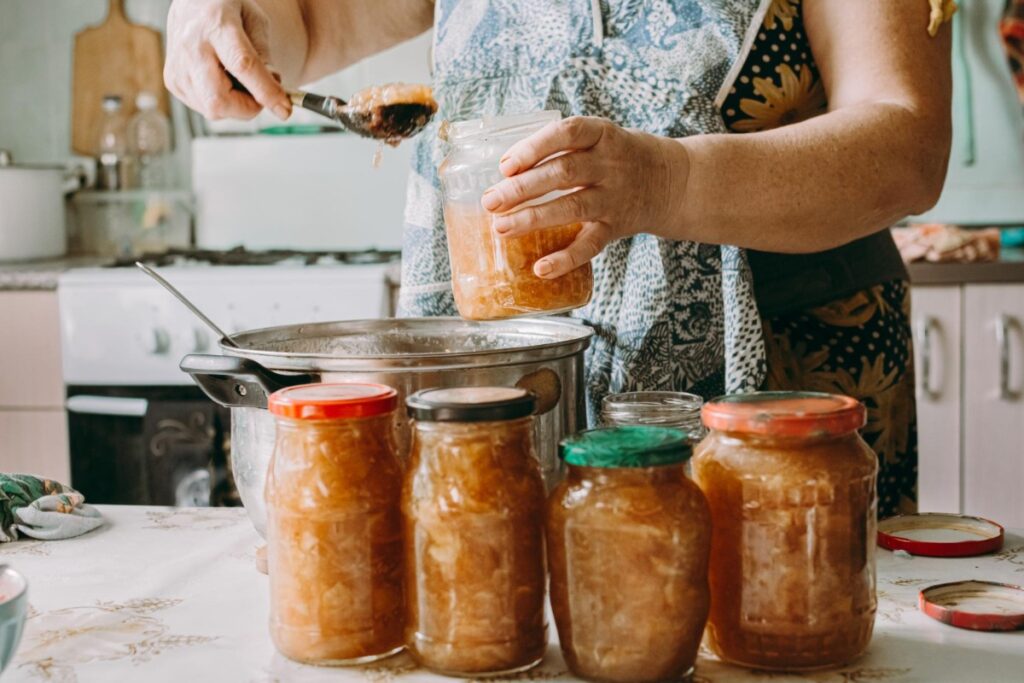
Imagine opening a jar of homemade jam in the middle of winter. That was a regular treat for your grandparents, thanks to canning.
Canning lets you store fruits, veggies, and more for months. It is all about sealing food in jars and heating them to keep everything fresh and safe.
This skill stretches your grocery budget and helps use up extra produce before it goes bad. Even beginners can try simple recipes like pickles or jam.
Having your own canned goods on the shelf feels rewarding. It is a taste of summer whenever you need it.
Reading analog clocks
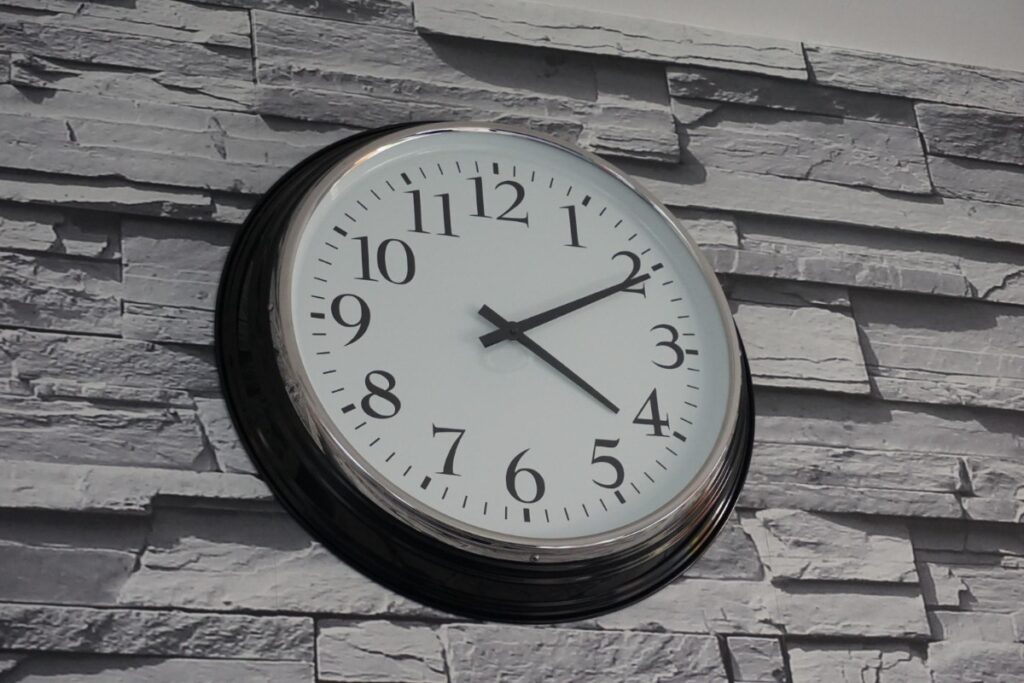
Glancing at your phone for the time is second nature now. But reading an analog clock was a daily habit for your grandparents.
Learning to read a clock face helps you understand numbers and time in a hands-on way. It is a little math lesson every time you check the hour.
Analog clocks teach you about fractions and counting by fives. It is a small skill, but it keeps your brain sharp.
Next time you see a clock with hands, try reading it. It is a simple way to connect with the past and practice a useful trick.

Getting lost was less scary when you knew how to read a map. Before GPS, your grandparents planned trips with paper maps and by asking for directions.
Maps teach you to look for landmarks, understand symbols, and get your bearings. If your phone battery dies, knowing how to use a map can be a real lifesaver.
Practice with a map of your town or a favorite hiking spot. It is a fun way to learn and builds confidence for any adventure.
Baking bread from scratch
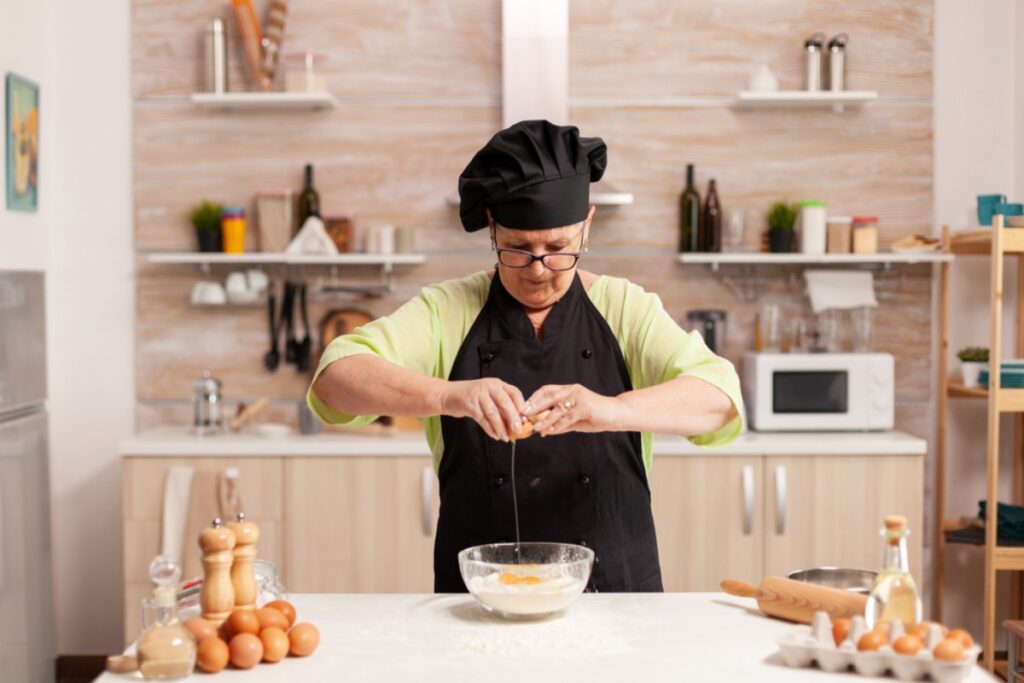
Few things compare to the smell of fresh bread from the oven. For your grandparents, baking bread was a regular part of life.
You only need flour, water, yeast, and salt to get started. Kneading dough by hand is simple and satisfying.
Homemade bread lets you control the ingredients. It tastes better and skips all the extra stuff found in store-bought loaves.
Baking bread is a hands-on way to enjoy food and connect with family traditions.
Balancing a checkbook

Long before banking apps, your grandparents kept track of every dollar by balancing a checkbook. They wrote down each check, deposit, and payment to make sure nothing slipped through the cracks.
Comparing records with bank statements helped catch mistakes and avoid overspending. It was a habit that made them careful with money.
Even if you do not use checks, keeping track of your spending is still smart. It helps spot errors and keeps your finances on track.
Being hands-on with your money gives you more control and less stress in the long run.
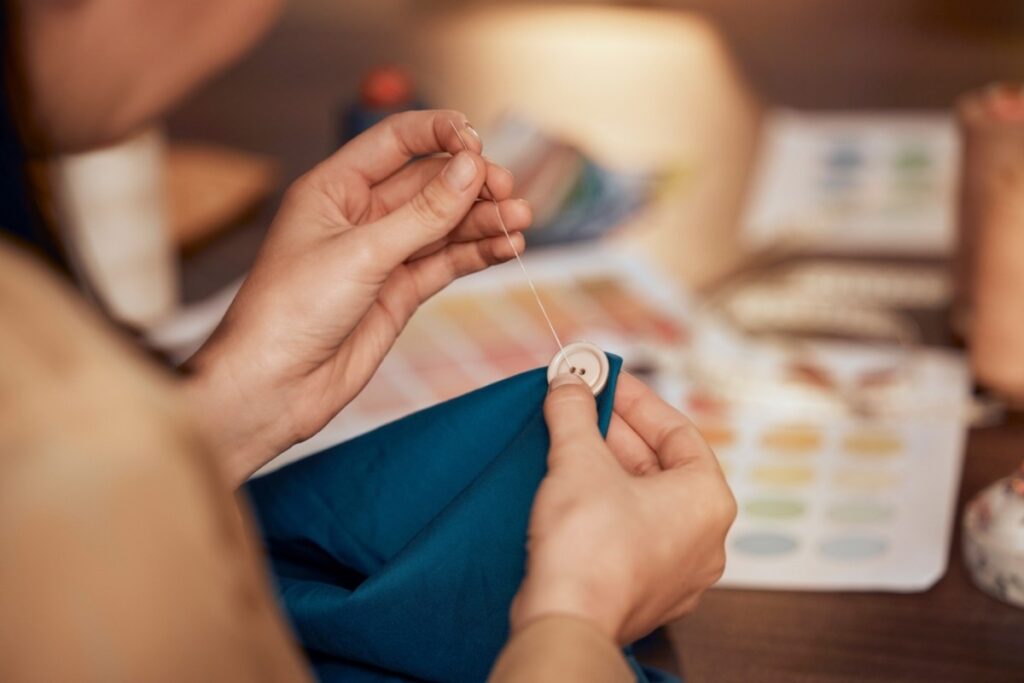
Have you ever noticed how clothes seem to fall apart at the worst possible time? A loose button or a fraying hem can make your favorite outfit unwearable in an instant.
Back in the day, grandparents often knew how to sew a button or fix a hem with ease. This little bit of know-how helped them keep their clothes looking good and lasting longer.
Learning to sew isn’t just practical, it also teaches patience and attention to detail. Even a quick repair can save your best shirt from ending up in the donation pile.
Next time you spot a hole or a dangling thread, try grabbing a needle and thread. Fixing it yourself is easier than you might think and can make a surprising difference in your daily routine.

